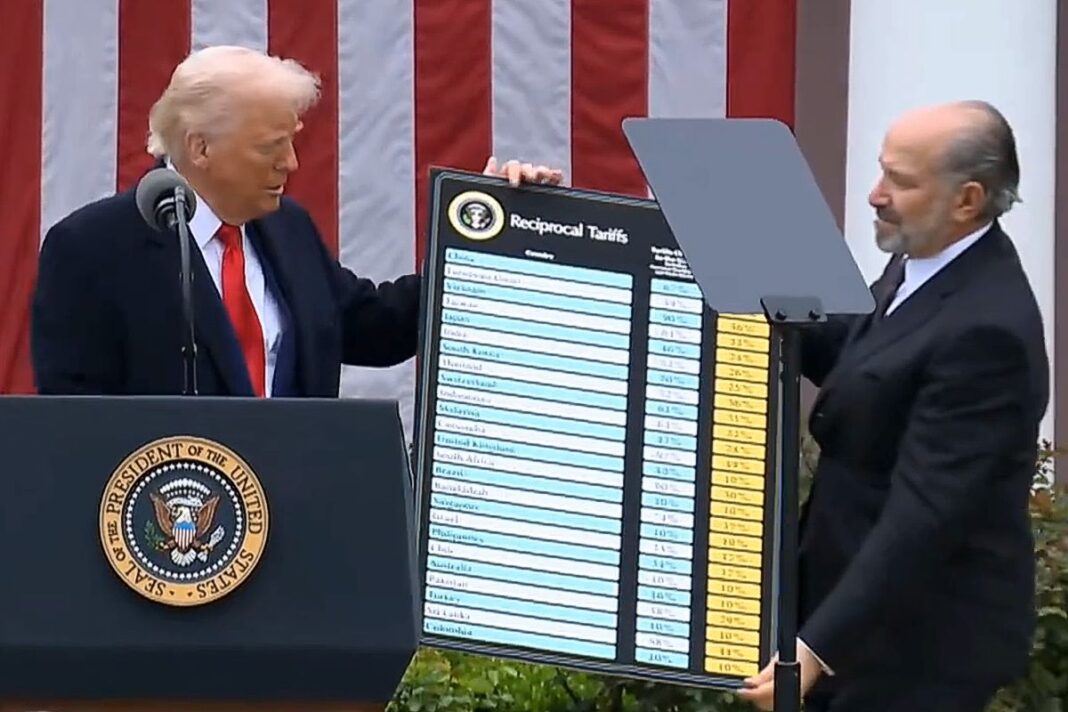‘We’re extending the debt ceiling to show to creditors, the bond markets, the stock market, that the Congress is serious about this,’ the House speaker said.
House Speaker Mike Johnson (R-La.) said that the budget bill endorsed by President Donald Trump that passed in the House last week would not lead to more government spending.
In an interview with “Fox News” on May 25, Johnson was asked about a statement made by Sen. Rand Paul (R-Ky.) that cuts made in the bill “are wimpy and anemic” and may also “explode the debt.” Paul also said he would not support the measure unless it removes the $4 trillion debt limit increase.
Johnson disagreed with that statement, saying that getting the bill passed is a “critically important thing to do” and that the measure is actually “the biggest spending cut, I think, in the history of government on planet Earth.”
“It does not mean that we’re going to spend more money,” he also said. “We’re extending the debt ceiling to show to creditors, the bond markets, the stock market, that the Congress is serious about this.”
Johnson said he agrees with Paul’s point about the national debt.
“The national debt is … the greatest threat to our national security, and deficits are a serious problem,” the House speaker said. “What I think Rand is missing on this one is the fact that we are quite serious about this. This is the biggest spending cut … in more than 30 years. We’re going to cut over $1.5 trillion in spending, and it’s a big leap forward.”
His comments come just days after House Republicans passed the One Big Beautiful Bill Act, which is central to the GOP agenda on taxes. The House launched debate before midnight, and by dawn, the vote was 215–214, sending it to the Senate. Democrats all voted to oppose the bill, and two Republicans—Reps. Thomas Massie (R-Ky.) and Warren Davidson (R-Ohio)—joined them. Two others, Reps. David Schweikert (R-Ariz.) and Andrew Garbarino (R-N.Y.), abstained, while Rep. Andy Harris (R-Md.) voted “present.”
The House bill includes a $4 trillion hike in the U.S. debt limit, coming as U.S. Treasury Secretary Scott Bessent has warned that the government is due to run out of money to pay its bills in August without any congressional decisions.







